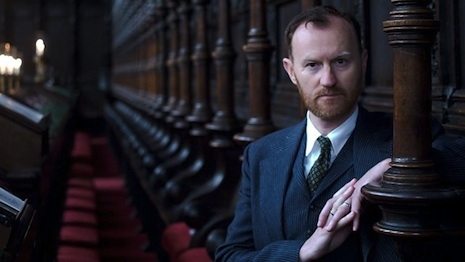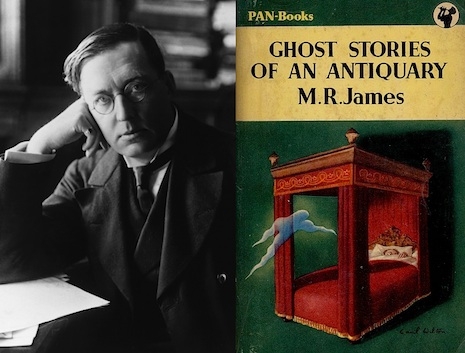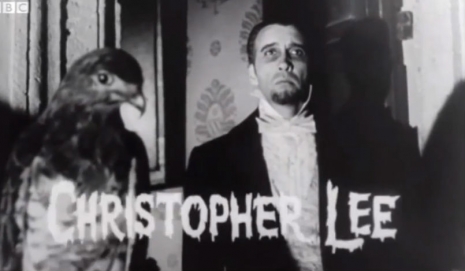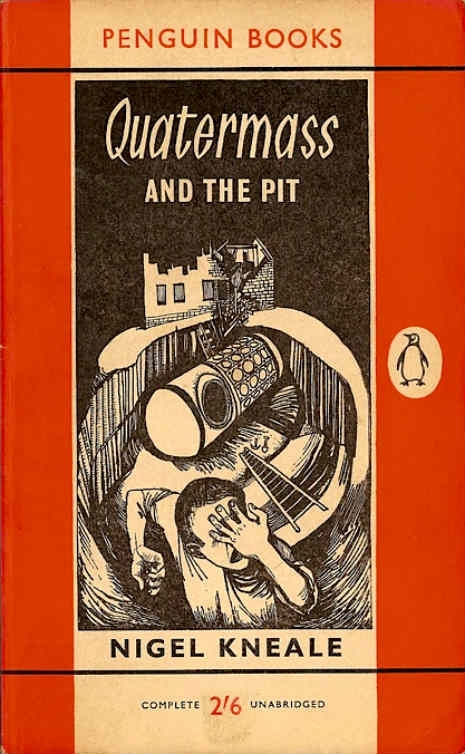
In October 1893, members of the Chit Chat Society gathered in rooms at the University of Cambridge to share and discuss academic papers. But this particular evening, towards Halloween, the society had gathered to hear fellow and Dean of King’s College, M.R. James present something very different from the traditional academic fare—the first reading of his ghost stories.
Montague Rhodes James was a respected academic whose reputation would now be forgotten if it were not for his ghost stories. James’s chilling tales set the template for the genre which other writers have since studiously followed. Inspired by the success of his reading, James organized a small gathering every Christmas Eve in order to read his latest ghostly tales to a small group of friends.
James was following a tradition of telling ghost stories at Christmas that harked back to pagan times when people believed the dead and the living communed during the long, dark nights of the winter in the lead up to the winter solstice—the shortest day of the year. It was a literary tradition set as far back as Shakespeare, and recently by Washington Irving (The Sketch Book of Geoffrey Crayon, Gent.) and Charles Dickens—whose A Christmas Carol contained many of the genre’s dearest tropes.

M. R. James and the classic volume of his supernatural tales.
However, unlike Dickens, M.R. James had no truck with benign spirits sent to do good—his ghost stories were filled with “malevolence and terror”:
...the glare of evil faces, ‘the stony grin of unearthly malice’, pursuing forms in darkness, and ‘long-drawn, distant screams’....
His stories were set in realistic and seemingly ordinary worlds where central characters are suddenly thrust into the most extraordinary of situations—a seaside holiday brings forth an evil wraith; a rose garden hides a brutal past; a hotel is host to a grim haunting.
James believed his ghost stories should…
...put the reader into the position of saying to himself, ‘If I’m not very careful, something of this kind may happen to me!’
Most of James’ tales follow a simple formula: reticent hero, usually a scholar, arrives at strange yet alluring location where he discovers some cursed ancient artifact that damages his life. His message—those who fail to learn from their history are doomed and will be punished for their ignorance. Such chilling warnings are wrapped in beautifully written tales of terror.
Mark Gatiss (League of Gentlemen, Sherlock, etc.) is a splendid host in this documentary M.R. James: Ghost Writer, in which he examines the clues in the life of the author of some of the greatest tales of terror. Beginning with James reading to the Chit Chat Society, he examines the influences that inspired the ghost stories, including one particular incident during his childhood when James saw a monstrous apparition—an event he later recorded in his tale “A Vignette.” If you enjoy supernatural tales and ghost stories, then this little documentary is for you.







